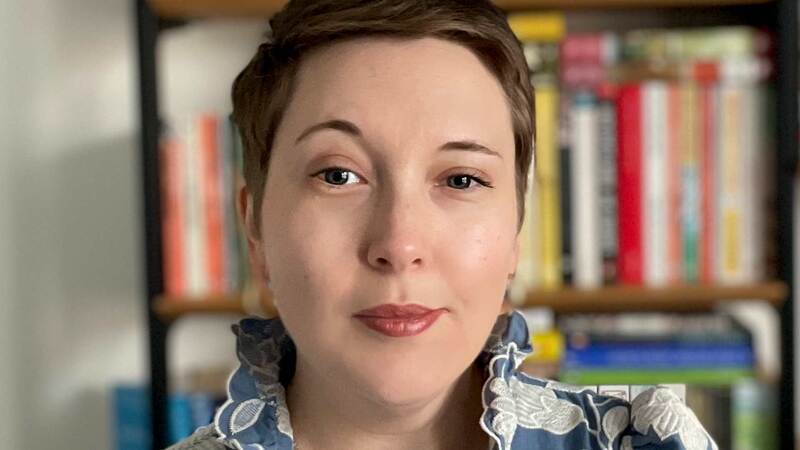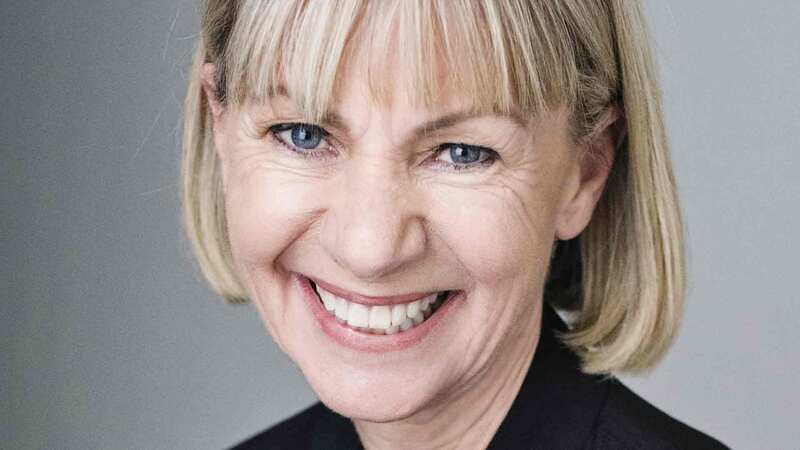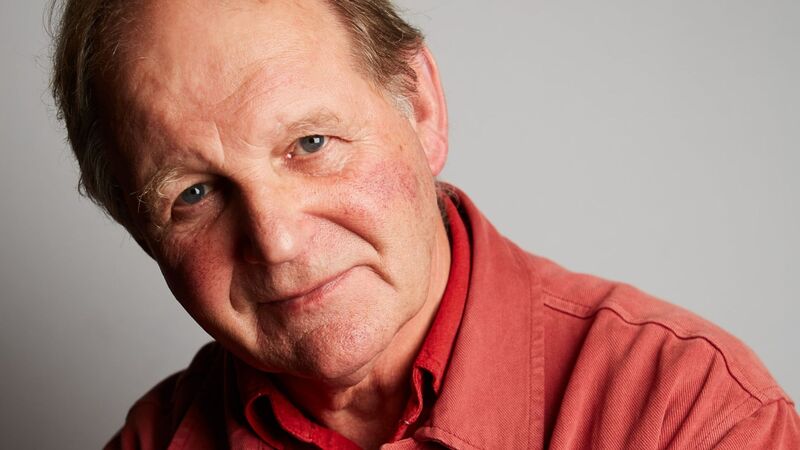You are viewing your 1 free article this month. Login to read more articles.
Singh and Mosse reveal opposition faced by Women's and Jhalak Prize
Writers Kate Mosse and Sunny Singh have revealed the opposition facing their book prizes, with people at first accusing the Jhalak of "diluting literary merit".
At The Bookseller’s FutureBook conference on 19th November, they shared the challenges of establishing and growing the awards against controversy.
Miriam Robinson from The Bookseller chaired the session, also featuring Neil Griffith, author and founder of the Republic of Consciousness Prize. Debut author and winner of the White Review Short Story Prize Vanessa Onwuemezi also spoke alongside Singh, author and co-founder of the Jhalak Prize, along with Mosse, author and founder of the Women's Prize for Fiction.
Singh said: “The Jhalak Prize was set up in its outward-facing motivation to celebrate writers of colour in this country who are consistently, even now, sidelined and not necessarily awarded or celebrated. Let’s be frank—with the Booker, half a Booker has been awarded to a Black female author. So we’re not exactly doing well on that front.
“But internally-facing, we are as much a prize as we are a lobby group for publishing which needs to do a lot more than it has over the past six years.”
Singh relayed to the audience how much criticism had been targeted at the Jhalak Prize, saying: “There were various bits of the literary press, I remember one literary outlet carried a piece about how we were diluting the literary merit that would go with literary prizes because we were going to be rewarding race rather than great literature. Philip Davies MP went to the Equality & Human Rights Commission (EHRC) to say we were a racist prize. [We] spent most the first year battling this with a lawyer who repped us pro-bono which probably saved the prize that year because we didn’t have the money to take on the Equalities Commission and MPs who had problems with it.
“Consistently we have had, not necessarily low-key, but quite visible and significant opposition from the literary and political establishment in this country. Every time I run the prize I wait to see what else will be thrown at us either in the press or legally or politically and there is a sense of balancing exactly what level personal liability I need to be prepared for just for simply trying to get the publishing industry to do what it should. That opposition hasn’t gone away.”
Mosse spoke about the struggles around establishing the Women’s Prize: “This has taken me 31 years of my life. There was no money for the first five years. It was very a different environment to the discussions and opportunities happening now with women... but you persist and just keep going. Every year you will have a challenge. The amount of times you have to cope with the EHRC because of men complaining it’s sexist, it never goes away.”
Onwuemezi, who won the White Review Prize in 2019, emphasised the importance of accessibility of awards. “Prizes should be levelling, as in anyone with work that is good enough should have equal opportunity to win it.. So we are also thinking about how accessible is it for people to enter, how levelling is it?"
She explained how the £2,500 prize money enabled her to write her debut collection last year for Fitzcarraldo, as well as bolstering her confidence and knowledge of agents and the industry overall. She said of her winning entry: “I don’t know if there would have been another prize to have accepted it, shortlisted it and made it a winner. It was integral to me publishing a book.”

















